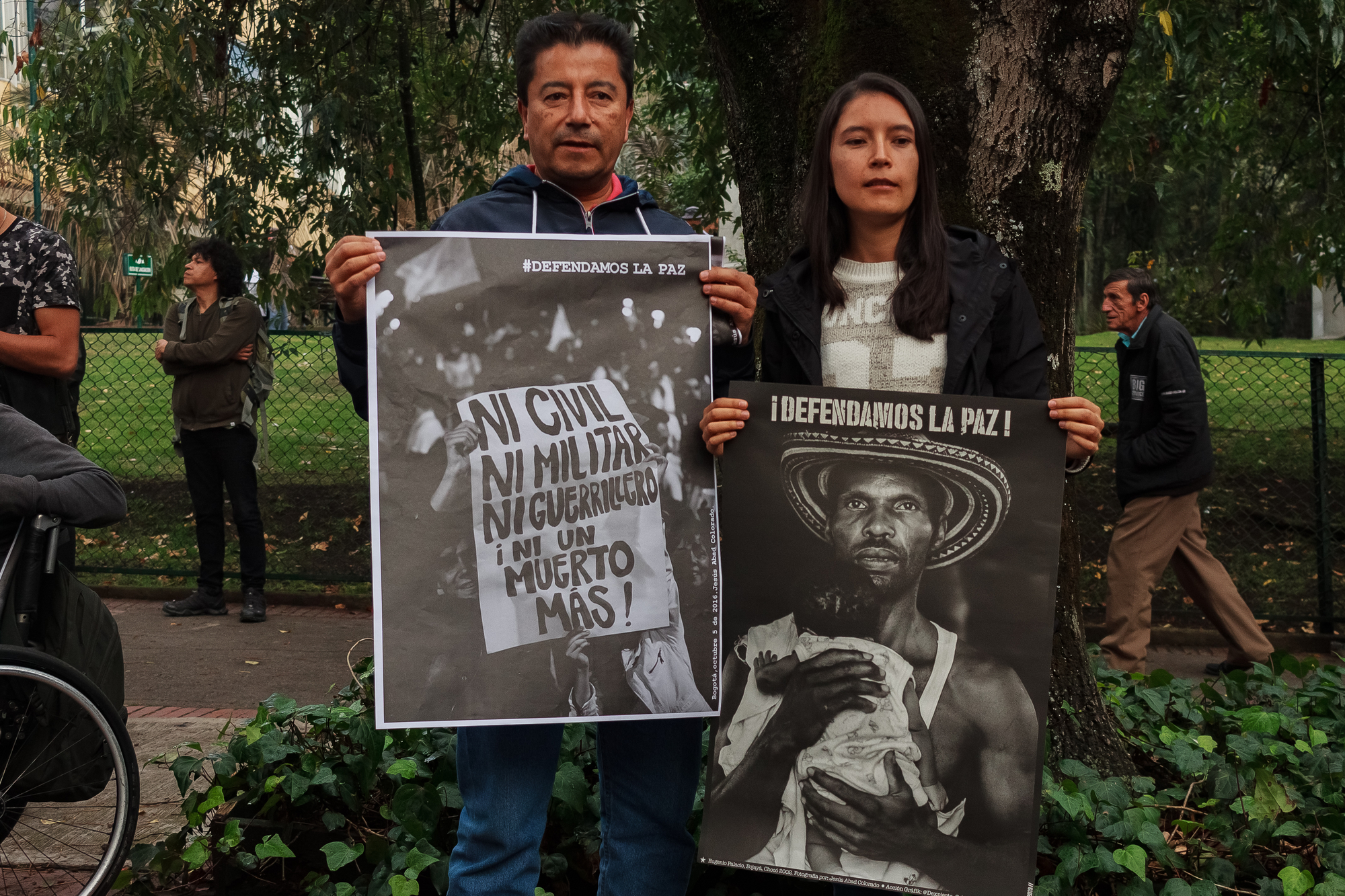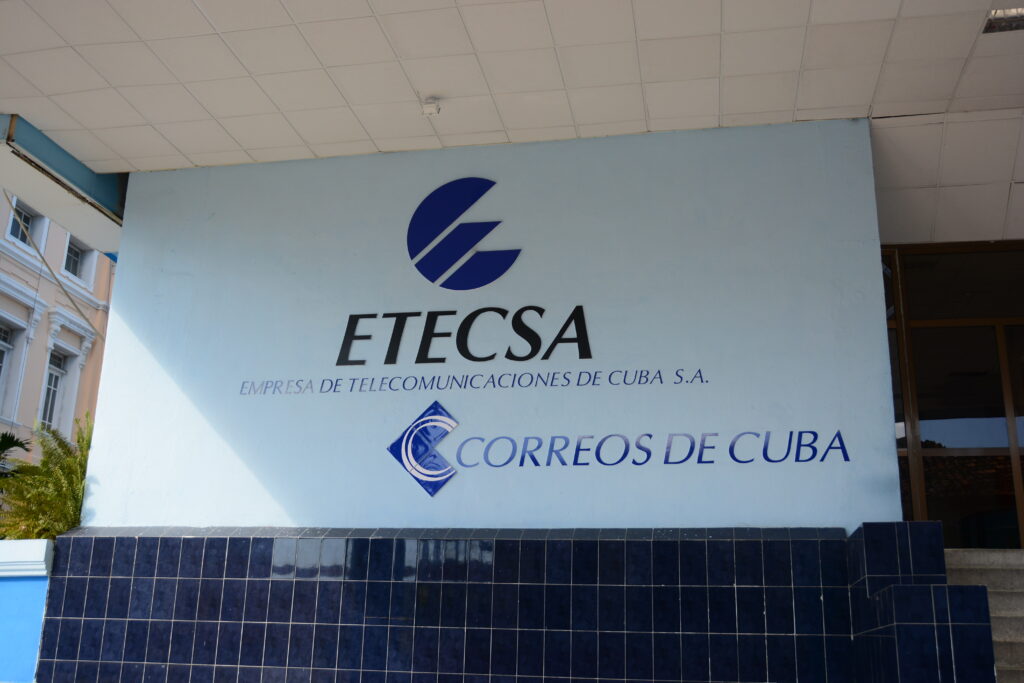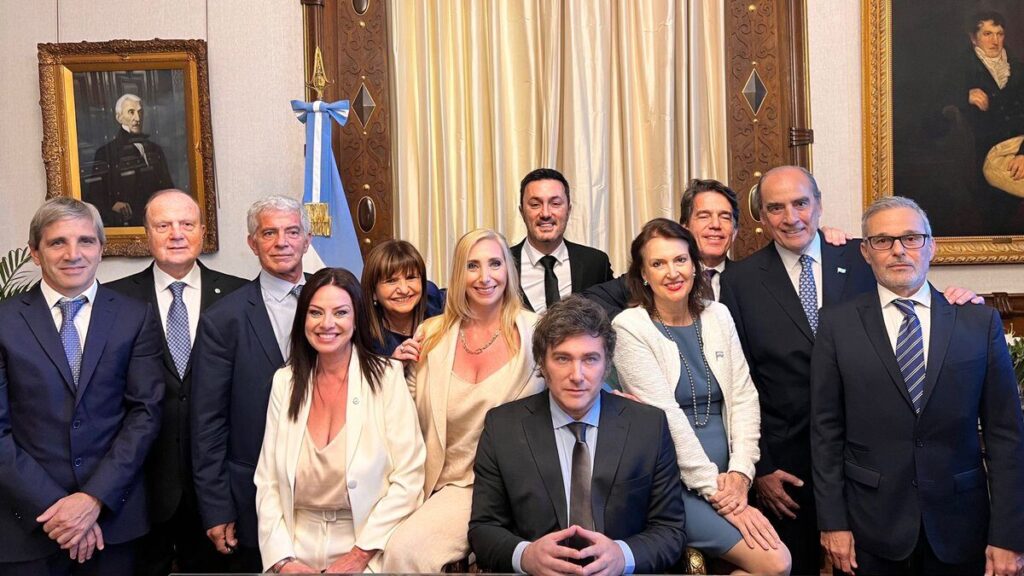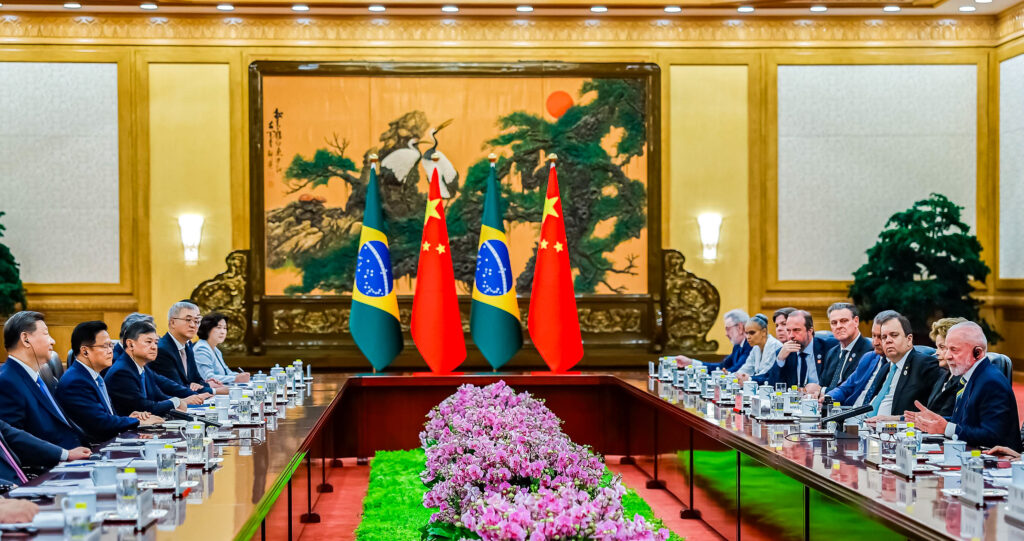Between now and October 27, Colombia’s 32 departments are gearing up to elect local mayors, state representatives and city councilors for this year’s regional elections.
While candidates begin to campaign for support, voters are now tasked with defining the parties in charge of their state governments. This will open up a window for national political matters – such as the Special Jurisdiction for Peace (JEP) – to influence regional elections.
According to Andrei Gómez-Suarez, associate researcher in memory and reconciliation in Colombia and co-founder of nonpartisan transitional network Rodeemos el Diálogo, “the JEP has a deficit of legitimacy amongst Colombian civil society.”
Current President Iván Duque’s political party, the Centro Democrático, and its rhetoric surrounding the JEP has “captured the minds of Colombians,” Gómez-Suarez claims. Duque believes that the transitional justice bill grants a level of impunity to armed conflict actors who committed gross human rights abuses, which is why he filed six objections to it last month.
“We’re not against the [peace] process, what we’re against is that we don’t have the right measure of justice,” President Duque told the The Bogotá Post last year.
Despite Congress’ rejection of Duque’s grievances, Gómez-Suarez says that there is a sector of Colombian society who, like the president, doubt that the JEP is working or are simply unaware of its progress.
“In order to deny the legitimacy of the ‘other,’ [one] also has to deny their involvement in the wrongdoings.”
Andrei Gómez-Suarez, Rodeemos el Diálogo
For some, such as one middle-aged doorman from Medellín who prefers to remain anonymous, the transitional justice mechanism is too complicated to understand. For this reason, he has not tried to stay up to date with its workings, he says.
Another anonymous young male taxi driver in Medellín has a different reason for not following the JEP. As an ex-soldier, he doesn’t agree with the JEP because of the treatment it gives ex-guerrillas, he told Latin America Reports.
“Colombians are very skeptical of justice,” Gómez-Suarez said. “They believe that [it] is only for the rich and the powerful people, who always get away with murder.”
23-year-old mechanical engineering student Gabi Betancur of Medellín’s Universidad Nacional, on the other hand, tries to stay up to date on the JEP’s progress despite not fully believing in the justice it will bring victims.
“I think it’s important that the JEP continues to be at the centre of peace negotiations because it allows the victims to be the protagonists … however, ever since the plebiscite it was clear that it would have many, many flaws,” she told Latin America Reports.
She’s referring to the 2016 plebiscite, in which Colombian citizens were asked to vote on whether they supported the final version of the peace agreement to bring an end to the conflict and build a stable and lasting peace. 50.2 percent of the population voted ‘no.’
“What hurts me the most,” Betancur added, “is how [the JEP] has played with the victims’ hopes all this time. They expect a change and a truth that might never come.”
Early this week, the transitional justice mechanism announced that it is currently dealing with the cases of 820,000 victims of the armed conflict.
Political analyst and director of Colombia Risk Analysis, Sergio Guzmán, contextualizes this within a much larger picture of Colombian politics.
The president’s lack of support for the transitional justice mechanism attempting to implement peace after the country’s five decade-long armed conflict is “a reflection of a society with a very deep problem,” agrees
Gómez-Suarez.
This problem dates back to the beginning of the Colombian Republic and the country’s newly-achieved independence from Spain, Gómez-Suarez explained. The issue, he said, boils down to a general inability to recognize past wrongdoing.
“In order to deny the legitimacy of the ‘other,’ [one] also has to deny their involvement in the wrongdoings,” Gómez-Suarez said. In Colombia, violence has historically been used to solve differences as a means of eliminating ‘the other.’
“Colombians have denied the existence of the armed conflict for a very long time,” he explained. “They have done it because a large sector of Colombian society supports a political elite that does not want to recognize the wrongdoings of the past.”
This deep-set trauma, he claims, led a majority of Colombians to elect a president who wishes to protect this sector of society.
However, thanks to the opposition statute implemented in 2017 – which grants parties that formally opposed to the government the right to reply to any televised presidential address – an important alliance is beginning to develop.
The Partido Liberal, Partido de Cambio Radical and Partido de Unidad Nacional have recently overcome their ideological differences to form a cross-party liberal alliance in defence of the JEP. This alliance is strengthening opposition to Duque’s administration as well as setting an example for much-needed compromise and balance within the Colombian political system, Guzmán argues.
For Gómez-Suarez, it shows that “peace is an aspiration that can help different political sectors overcome their differences in order to work for a common goal.” During the presidential elections of 2018, politicians were not mature enough for this to be possible. This year’s regional elections, on the other hand, may be the perfect opportunity for a breakthrough, he pointed out.
“Something important is happening in Colombia at the moment,” said Gómez-Suarez. “There is a seat, a possibility for these broad political sectors to come together from the right, center and left, to create a shared agenda in order to protect the peace agreement.”
If this opposition bloc can win the support of the mayoralty of Bogotá and one major city on the Atlantic coast, he argues, in addition to securing the support of liberal strongholds in either Cali or Pasto, the alliance will have the political leverage to confront the Centro Democrático in the presidential elections of 2022.
Read more about the back-and-forth over the JEP here:











